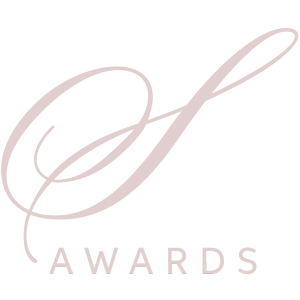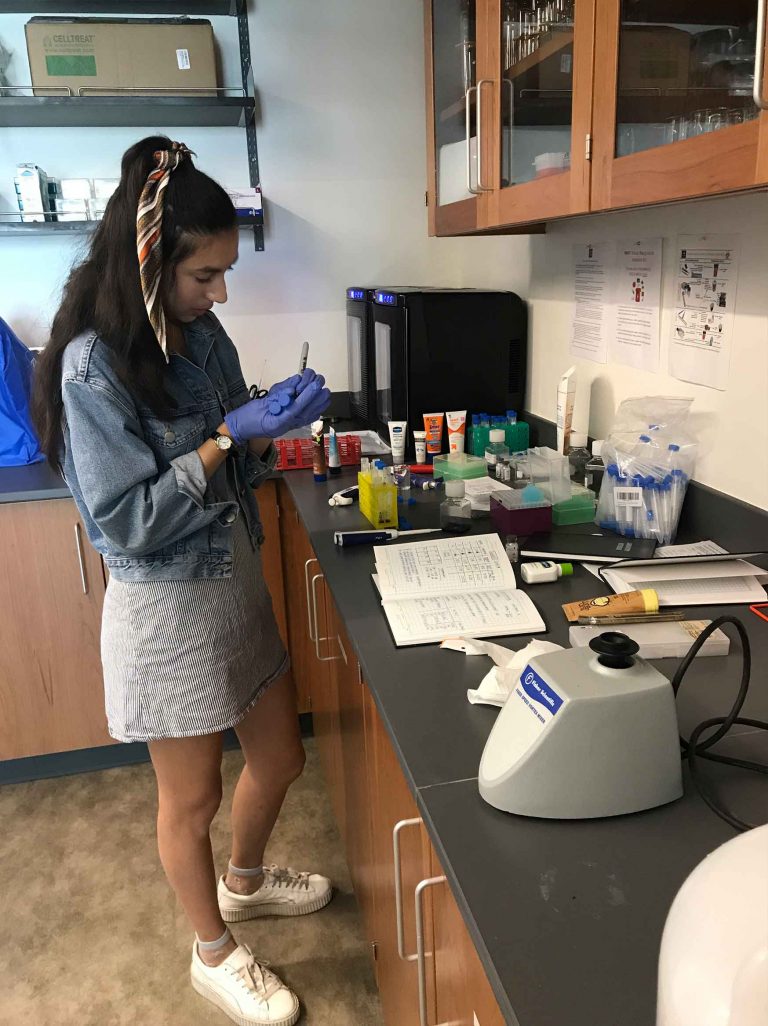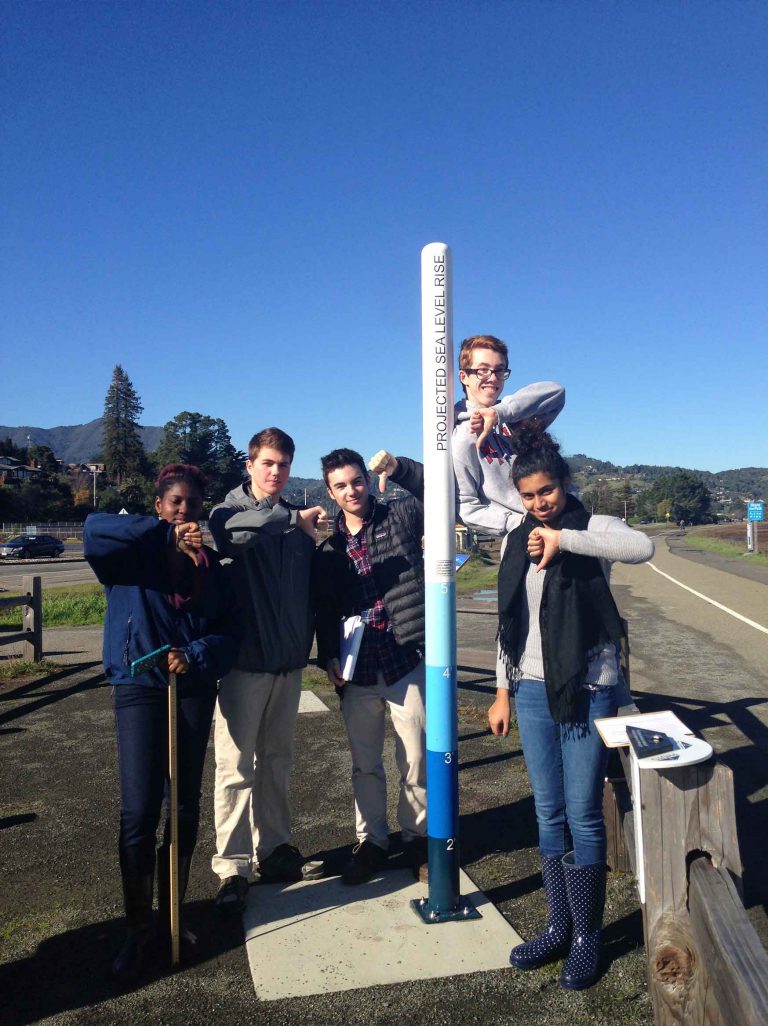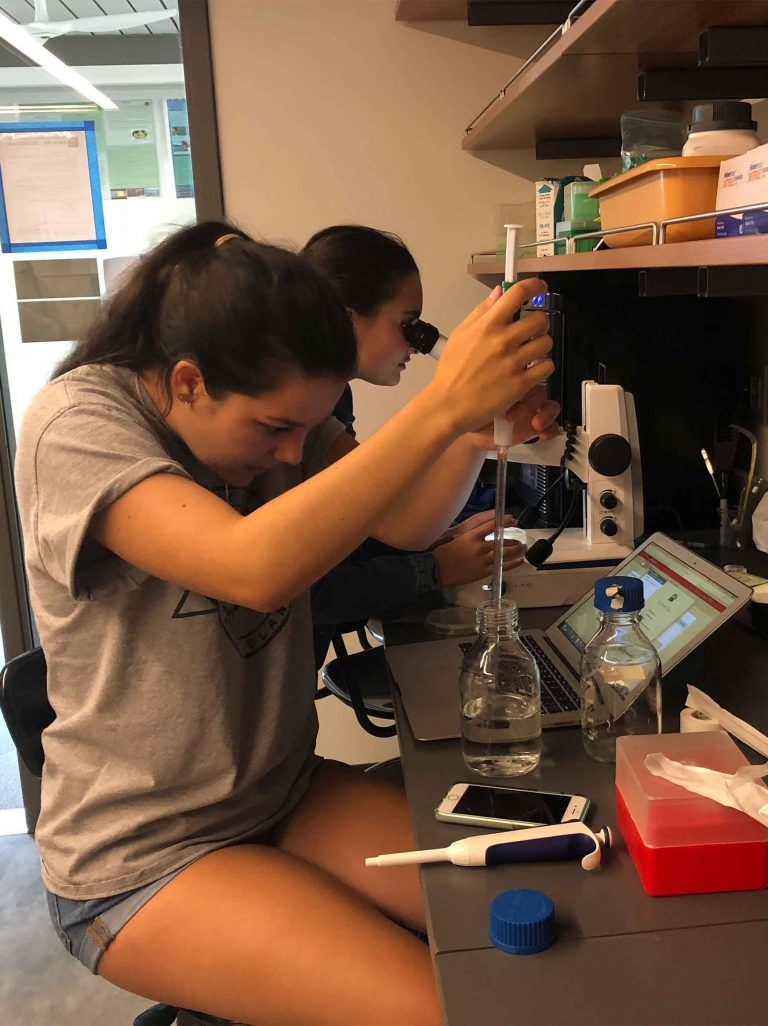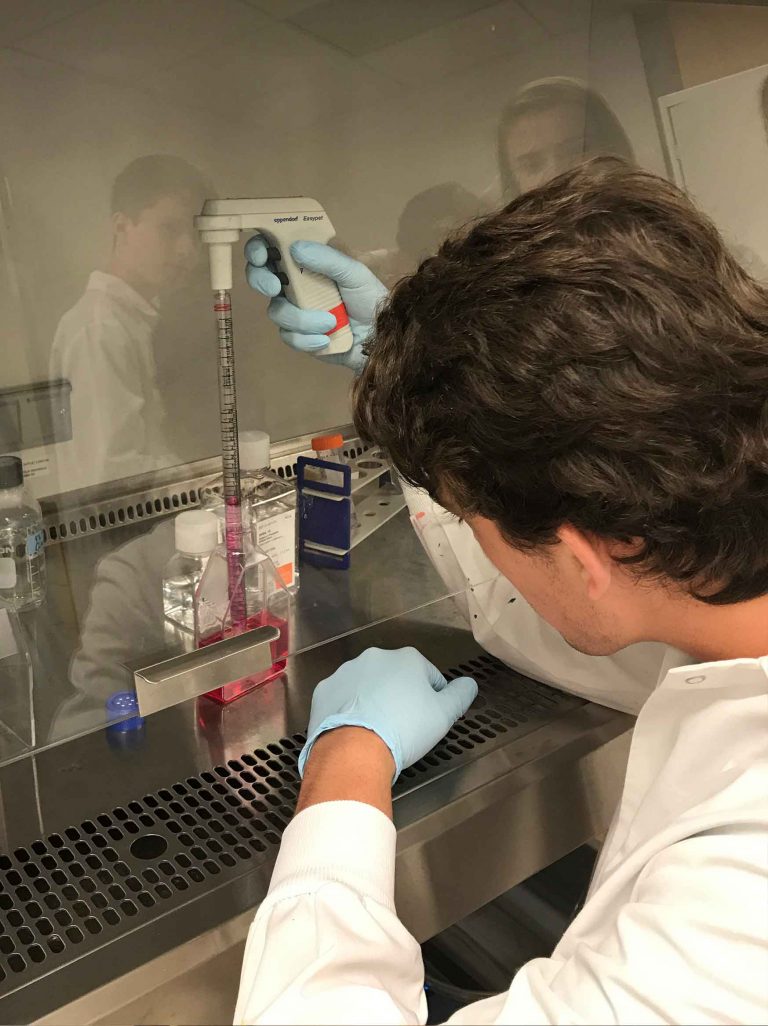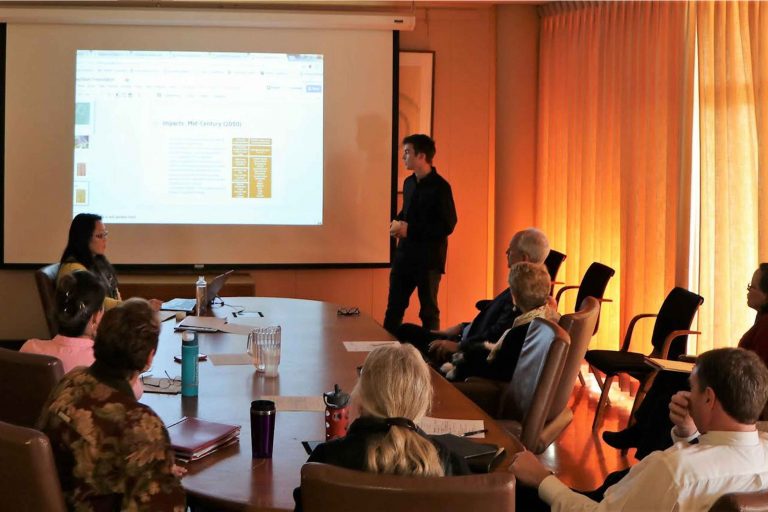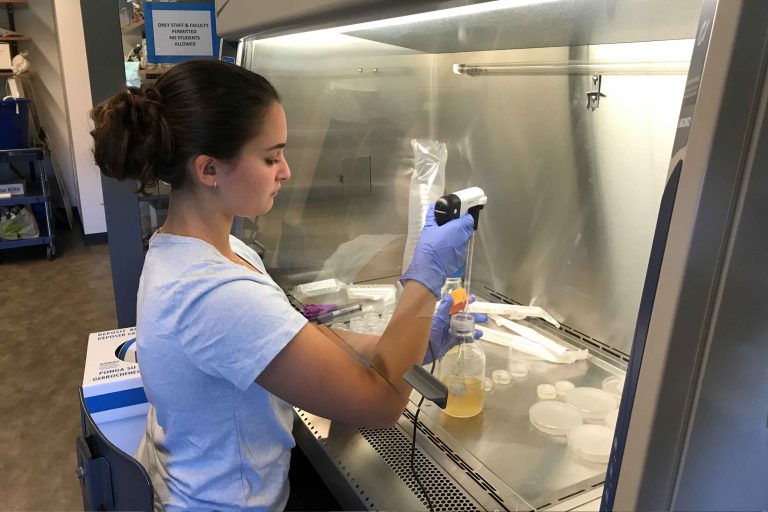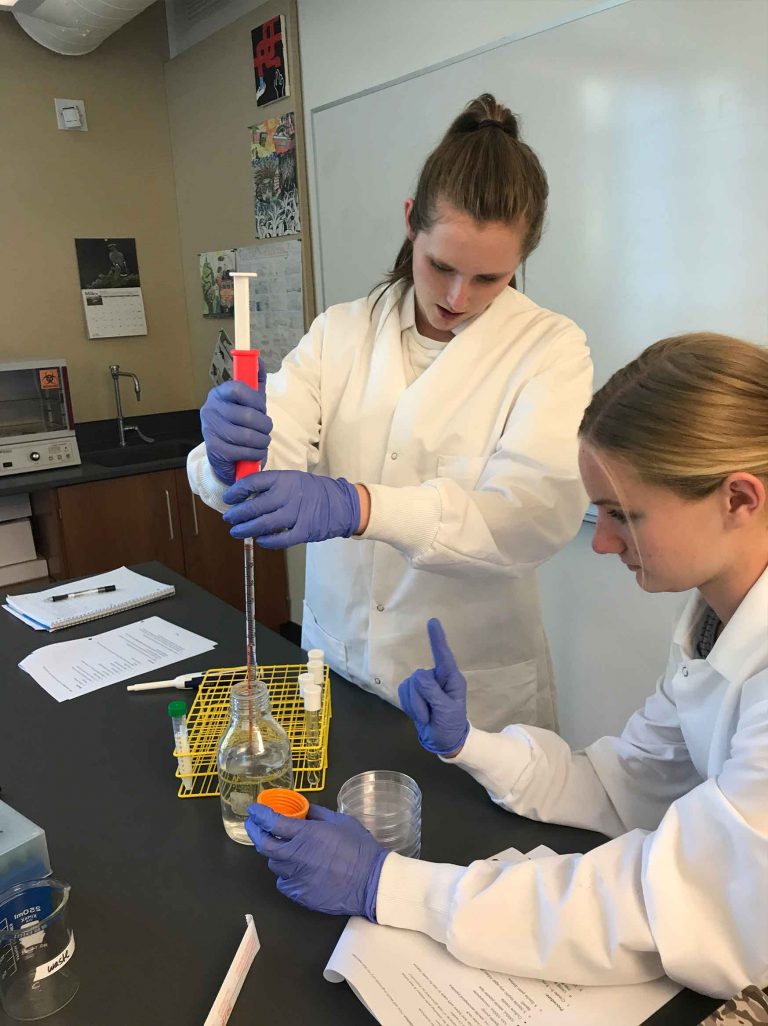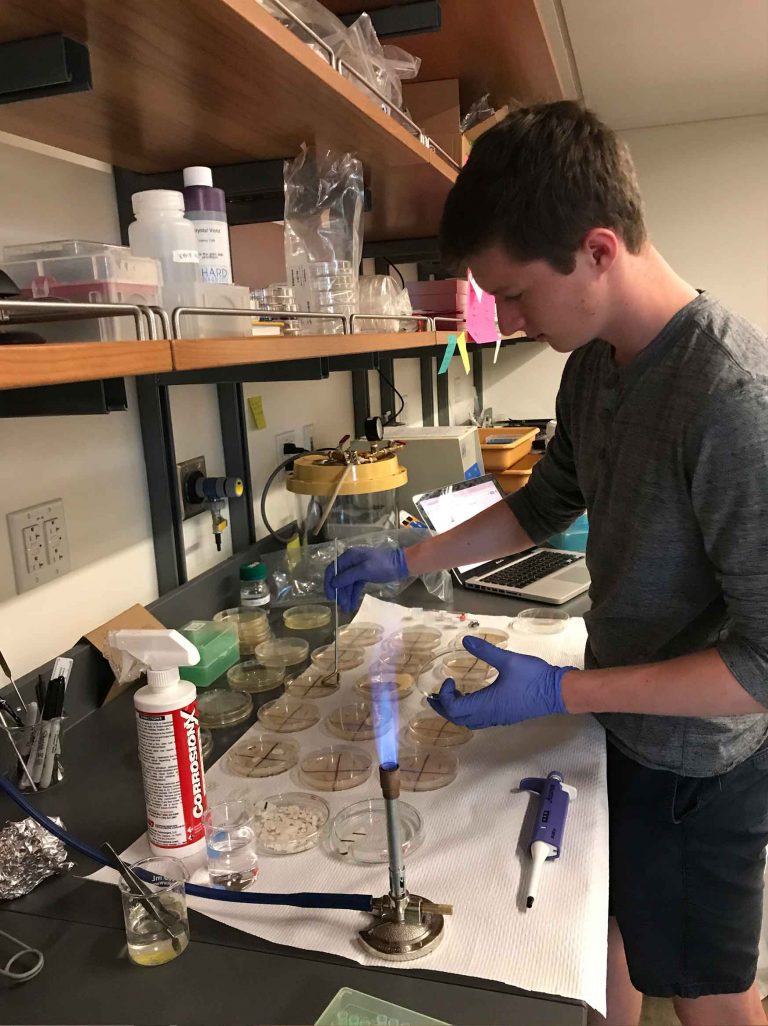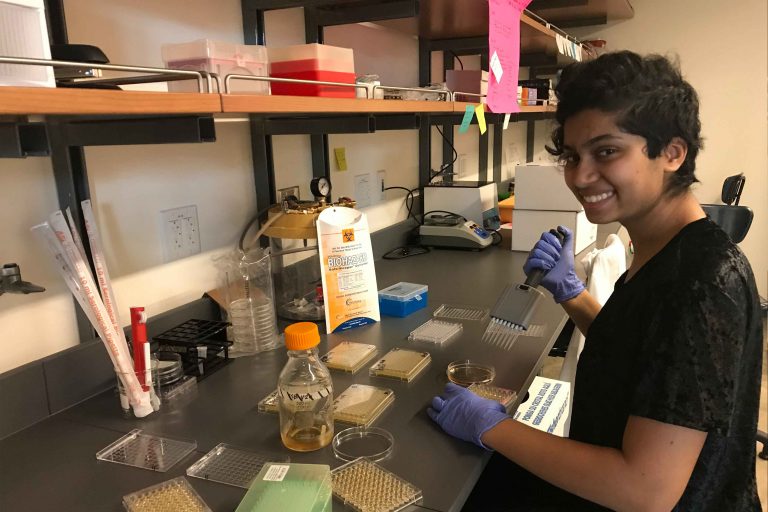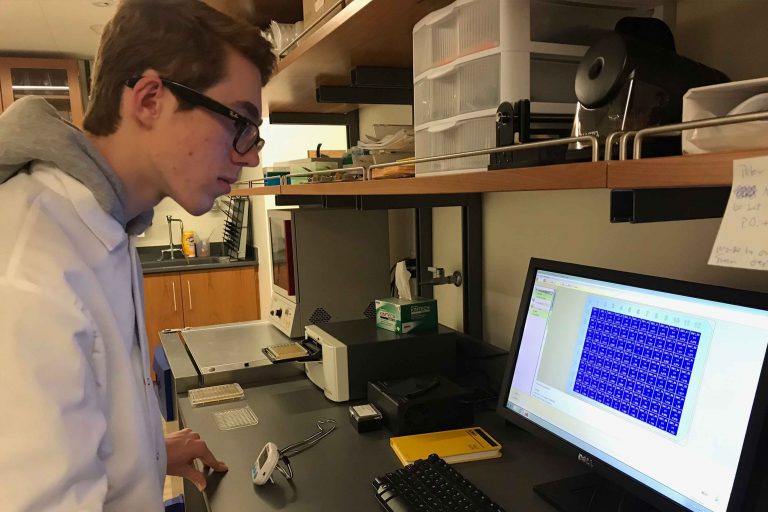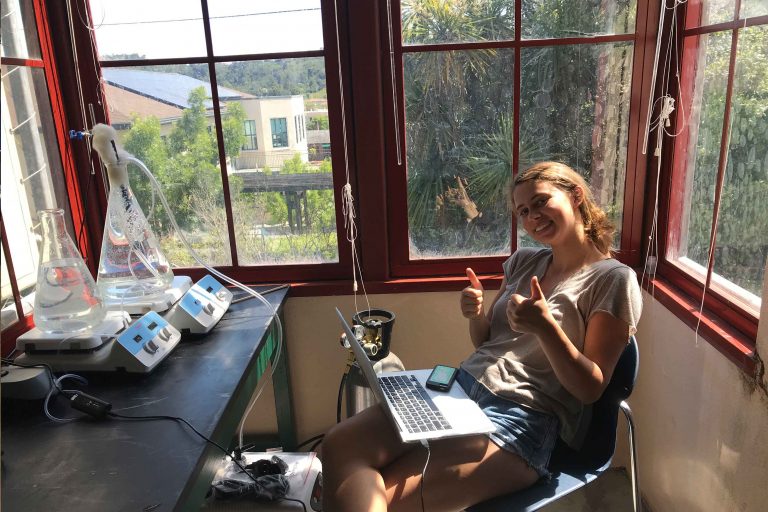“Our world today faces serious challenges, and we need more bright young minds collaborating on real scientific solutions.."
Stori is both a teacher and a wildlife biologist, starting her career at the University of California Davis School of Veterinary Medicine and the California Department of Fish and Wildlife Marine Wildlife Veterinary Care and Research Center where she researched the health and disease of marine species throughout California. She is the Director of the Marin Academy Research Collaborative, a pioneering program in transdisciplinary education that gives students an opportunity to partner with the larger scientific community and work towards solving real-world problems. This two-year, multidisciplinary program engages a diverse group of students in cutting-edge science and engineering research that is characteristic of university-level courses.
Students generate a novel research question, conduct a rigorous literature review, collaborate with content-area experts, develop hypotheses, collect and analyze data, and learn how to present in public and publish their work. Many of these projects have far-reaching implications for the local community and improving the world around us. Students in the MARC program have investigated a wide range of topics including: scalable manufacturing methods to create graphene-based supercapacitors; the concern toward assets vulnerable to sea level rise; measuring the effects of lowered pH conditions on the growth and shell development of the Pacific mole crab Emerita analoga; and comparing protein sources available to yellow mealworms during biodegradation of polystyrene to increase lifespan and consumption rate of polystyrene – just to name a few.
In just three years, MARC has grown from a pilot with five students to a highly competitive program where students collaborate with mentors from a variety of institutions, government agencies, non-profits, and universities.
Our Interview with Stori
How DO you define the word “commitment”?
I define commitment as intention, focus, dedication and responsibility towards the goals, mission, and vision of my institution. Marin Academy asks every individual to think, question and create in an environment of encouragement and compassion, and challenges each person to accept the responsibilities posed by education in a democratic society. I am continually stretching myself to offer students the best and most cutting edge experiments and the most amazing and unique opportunities for independent research.
You’ve been involved with the Marin Academy Research Collaborative in San Rafael for four years now. Can you tell us more about your commitment? Why did you commit to this project in particular?
I have always been driven by my strong desires to innovate and lead in education, and to confront barriers to equity and inclusion. The MARC program seeks to inspire students with a passion for research and discovery and promote enthusiasm, exploration, and academic excellence in an evolving global and scientific community.
Today’s complex, global, and interconnected world demands educated people to be able to think beyond traditional academic disciplines. My students are writers and scientists and mathematicians and artists. They are intellectual and creative. We are always pushing the boundaries. We are going beyond them, working toward a non-siloed curriculum independent of academic departments that centers on authentic and relevant issues that affect individuals and society. Our goal is to empower students to make connections across and between disciplines and to solve challenging dilemmas with no easy answers.
What/whom is most impacted by your cause? How do you measure the impact?
Women continue to be underrepresented in science, technology, engineering, and mathematics (STEM) fields, comprising only 26% of that workforce as of 2011 (U.S. Census Bureau, 2012). Expanding opportunities for all students, especially young women, to explore real-world issues beyond the classroom through research, project-based learning, and collaboration is essential. To measure this impact, we can document the personal growth of students through design processes, reflections, and performance assessments. Have they become better communicators and critical thinkers? Are they more empathetic? Another way of measuring the impact is to look at the number of female applicants and participants. During the initial three cohorts of the MARC program, there has been a steady increase in the number of female applicants, with the percentage of female students increased from 40% during the first year to an average of 67% in subsequent years.
You are a teacher and scientist. How does your commitment reflect on your career?
Science is a significant part of human culture. We are surrounded by technology and the products of science every day. Public policy decisions that affect every aspect of our lives should be based in scientific evidence. As young women grow up in an increasingly technologically and scientifically advanced world, they need to be scientifically literate to succeed and to be the most engaged community members that they can be. As a researcher and field biologist, I always looked for opportunities to share my experiences and knowledge with others. By helping students develop their analytical faculties and a sense of responsibility to a world beyond themselves, I have been able to merge my commitment and career.
As a woman, how does your cause reflect on your personal life?
Science has traditionally been a male-dominated field. As a woman who has researched in the field of biology, I have gained an awareness of the structural biases that favor white males. In recent years, more women and people of color have pursued careers in science, but this number still lags behind white men. I also am aware of my whiteness and the privileges and opportunities it has given me. My goal as a teacher is to create a safe and successful learning environment for students from all areas of difference. I also believe that relating science to practical, civic, professional, recreational, and cultural events that are familiar and relevant to students’ backgrounds and experiences can motivate students, help them learn to value science and promote social justice.
What impact does it have on your day to day job?
I understand that the best education occurs in a learning environment that encourages many voices, drawn from different backgrounds and perspectives, including those who have been historically underrepresented in independent schools or within disciplines. Our learning culture has benefits beyond high school, instilling empathy, perspective, and self-awareness and the MARC program allows students to conduct the kind of original scientific research that most students will not have until they are in graduate school. The day to day is all about modeling for students and helping them build the habits of mind that will make them the best community members and scientists they can be.
Ten years from now, what goal do you want to have reached?
My most important goal is to guide the MARC program from its pilot stage into a fully articulated plan in which every student publishes their research upon completing the program. For that to happen, we will need to broaden our existing relationships with universities and summer internship programs and create endowed scholarships for students. With jobs and so many other commitments during the summer, it can be challenging for students to focus the necessary energy to complete and publish a scientific manuscript. Students should be able to complete their work and share their findings with interested agencies with the time and resources necessary to allow them to analyze further, interpret, and share their data without limitations or external constraints.
Ten years from now, I also hope to have expanded MARC into different disciplines (e.g., humanities, world languages).
What legacy do you intend to create with your commitment to your cause?
I want the MARC program to allow students to follow their interests and ask questions in a way that fosters independence and healthy risk-taking while offering support along the way. Our students are conducting research that will not only make a difference in their exact trajectory but the world around them. The more students we can provide the opportunity to do this type of work, the more we will be able to make an immediate impact on society and inspire young people to embark on careers in science.
Do you know how it feels to be so dedicated to a cause that it consumes your whole being, your every waking moment, and all of your thoughts—even when the world tells you, you’re crazy? You or someone you know may be our next recipient – maybe your neighbor, your cousin or your friend is among these selfless women committed to making a difference in the world. We are sure somewhere around the world; there are many special women living this definition of commitment. Nominations for the Simone Awards 2020 are now open.

